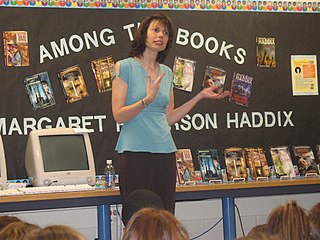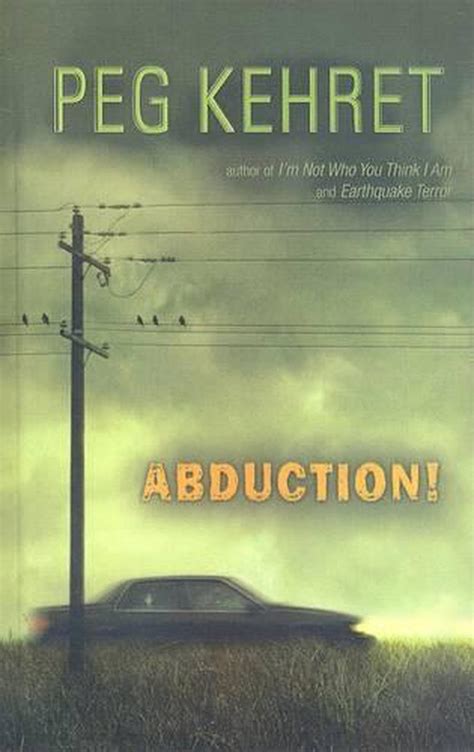A Quote by Barbara Kingsolver
I learned to write by reading the kind of books I wished I'd written.
Related Quotes
The young adult literature is relatively new - it just kind of exploded in the 2000s. When I grew up, there weren't bookstores with sections dedicated to teen lit, nor was my generation raised reading books written specifically for us. Because of that, today we still think of books for teens as children's books and so when you write a book that includes sensitive topics, it just seems even more controversial. What's troubling to me about that is these are issues adults know that teens deal with. Not writing about them makes them something we don't, or can't talk about.
Well, I hate it when authors come into a school and they say to kids, 'Write from your heart, only write what you know, and write from your heart.' I hate that because it's useless. I've written over 300 books - not one was written from my heart. Not one. They were all written for an audience, they were all written to entertain a certain audience.
THE WRITER can get free of his writing only by using it, that is, by reading oneself. As if the aim of writing were to use what is already written as a launching pad for reading the writing to come. Moreover, what he has written is read in the process, hence constantly modified by his reading. The book is an unbearable totality. I write against a background of facets.
I just think that the world of workshops - I've written a poem that is a parody of workshop talk, I've written a poem that is a kind of parody of a garrulous poet at a poetry reading who spends an inordinate amount of time explaining the poem before reading it, I've written a number of satirical poems about other poets.
Only idiots or snobs ever really thought less of 'genre books' of course. There are stupid books and there are smart books. There are well-written books and badly written books. There are fun books and boring books. All of these distinctions are vastly more important than the distinction between the literary and the non-literary.
I shall be so glad if you will tell me what to read. I have been looking into all the books in the library at Offendene, but there is nothing readable. The leaves all stick together and smell musty. I wish I could write books to amuse myself, as you can! How delightful it must be to write books after one's own taste instead of reading other people's! Home-made books must be so nice.
I write about the period 1933-42, and I read books written during those years: books by foreign correspondents of the time, histories of the time written contemporaneously or just afterwards, autobiographies and biographies of people who were there, present-day histories of the period, and novels written during those times.





































